Sermons & Homilies
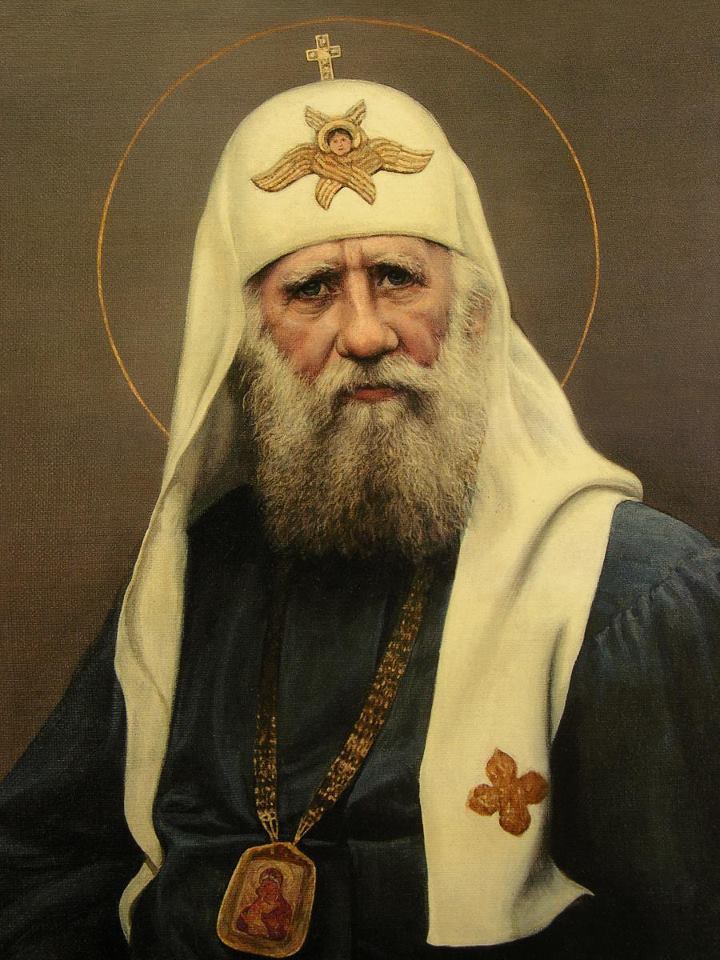
Our feast today is called Annunciation, in Greek εὐαγγελισμός. It means no ordinary proclamation but the preaching of good news, glad tidings, of the gospel. Accordingly, the Angel Gabriel begins his salutation to the Virgin with the greeting, “Rejoice!” And as we heard in the Synaxarion reading last night, this feast is above all else a feast of joy: “Rejoice, thou through whom joy will shine forth! Rejoice, thou through whom the curse will cease!” The Mother of God herself is called the “joyous one” throughout the hymns of the Church.
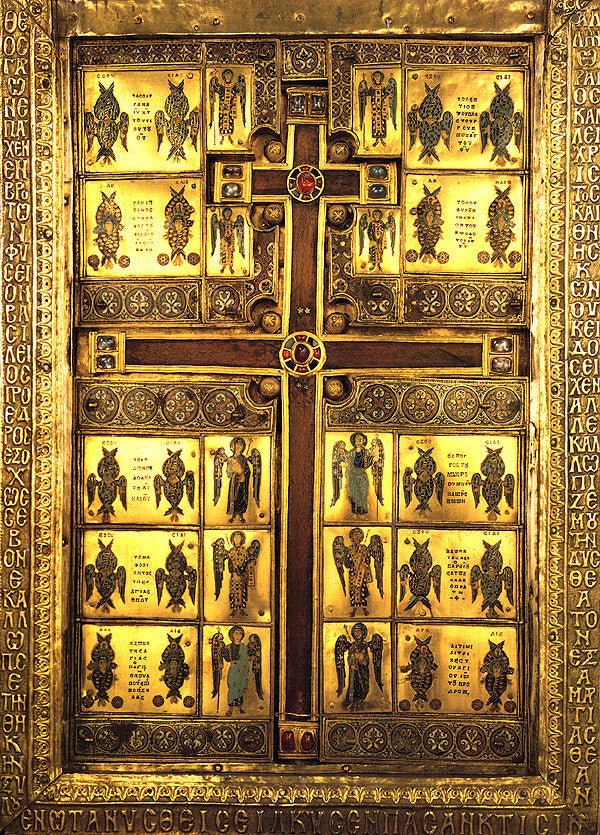
A dove and a rainbow followed the flood, the Promised Land followed forty years of wandering in the desert, resurrection followed the widow of Zarephath’s trust in the Prophet, the stanching of blood followed twelve years of ritual impurity, and walking followed a lifetime of paralysis alongside the pool of Siloam. Today, an instrument of torture gives life as all the references to the Cross of Christ are paralleled with His rising from the dead.
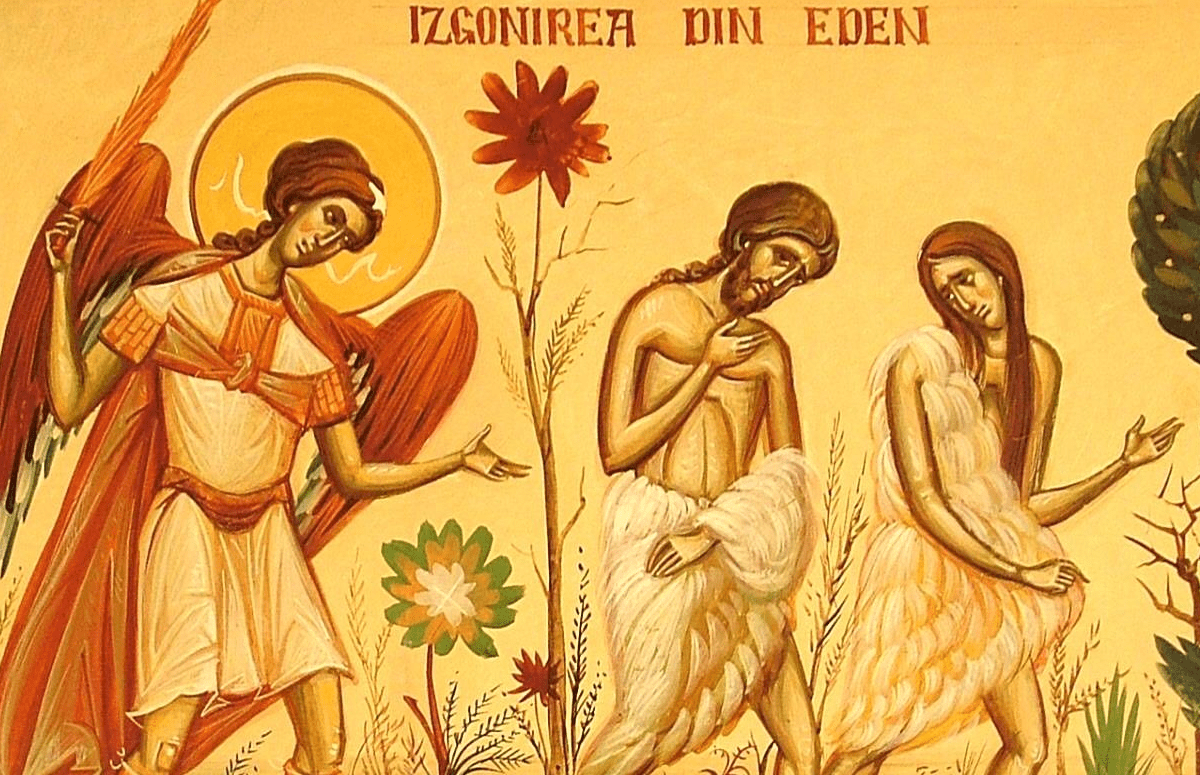
Today we go to the beginning. The Fall of our first parents is presented to us to remind us of the Paradise we lost. From breaking seemingly “the least of these commandments” Adam and Eve wrought unspeakable destruction upon themselves and all their posterity. In their own life they witnessed envy, fratricide and apostasy. The cancer of sin has only metastasized since then into every form of evil unimaginable and unspeakable.
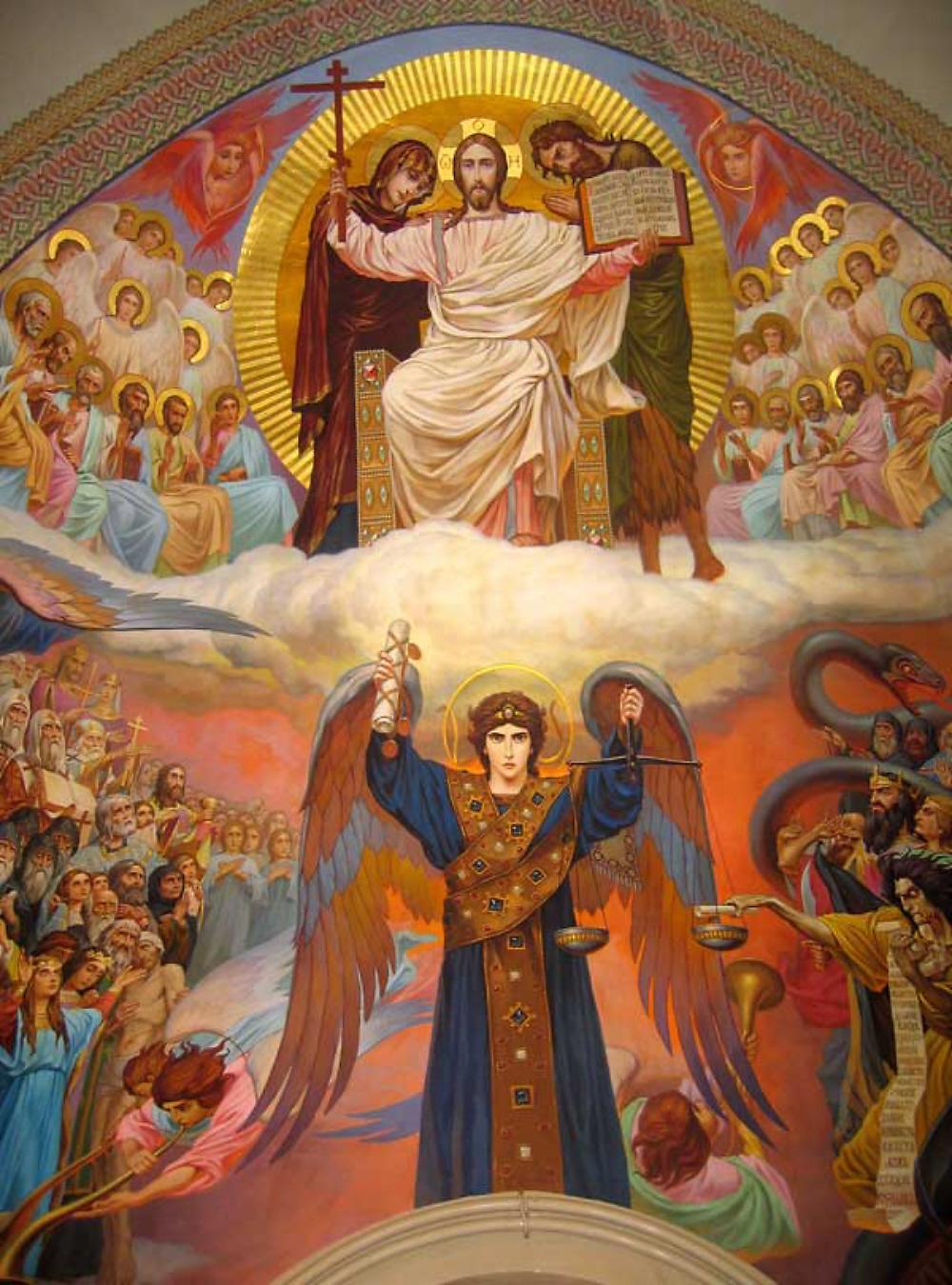
“It is appointed unto men to die once, and after death comes the judgment,” says St. Paul. When we remember death, we must remember that death is a doorway into a face-to-face encounter with the Living God in the Person of Jesus Christ.
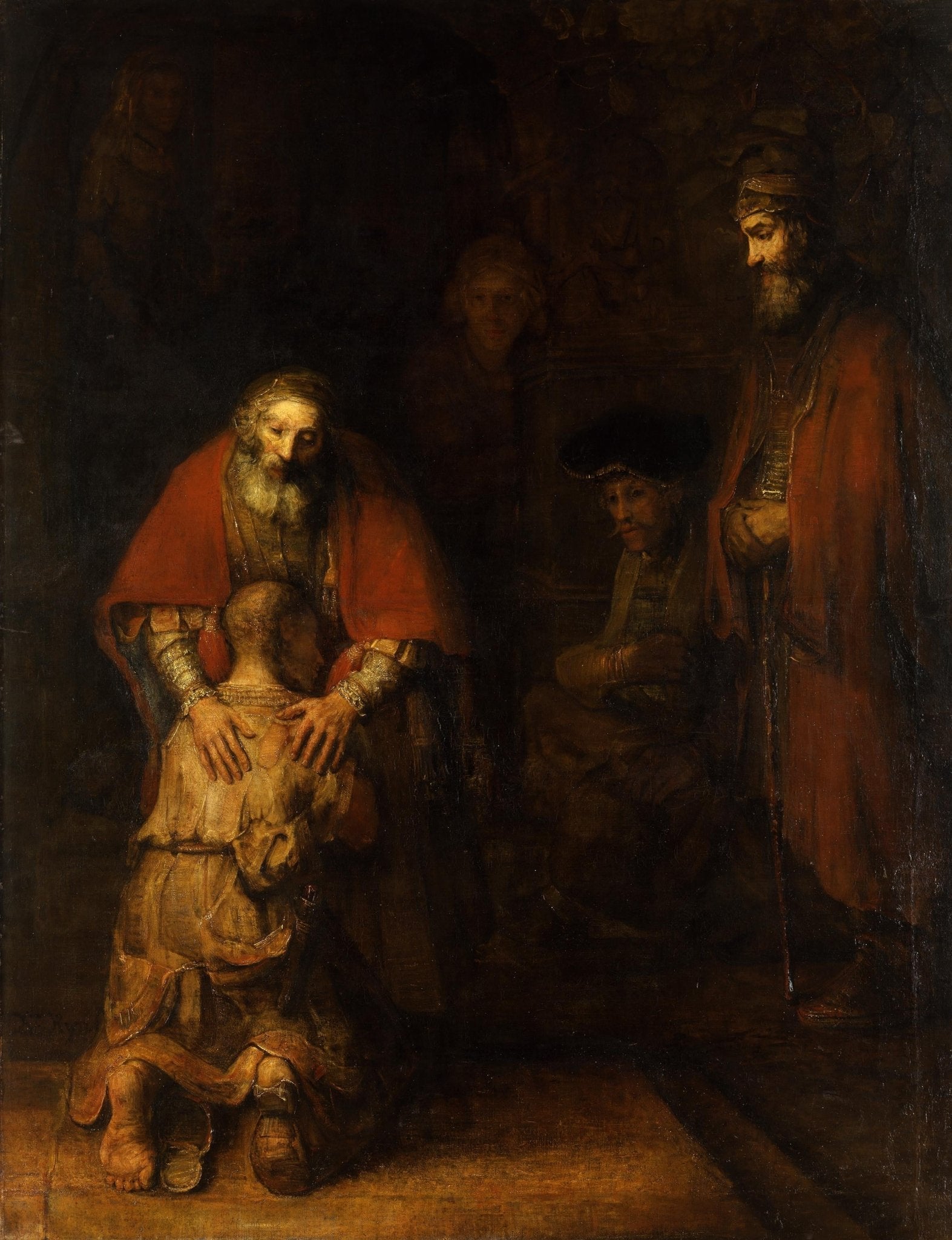
The parable of the Prodigal Son is the most touching and poignant image of the Christian life of repentance. That is why the Fathers chose this parable to frame the service of monastic tonsure. Because monastic life is the Christian life of repentance in its fulness and perfection. For those of us whom God has vouchsafed the mystery of monastic tonsure, it is impossible to hear the troparion for this day without a feeling of deep compunction.

